What Is Egg Coffee?
Egg coffee is a unique type of coffee that originated in Vietnam in the 1940s. It is made by combining coffee, egg yolks, and condensed milk. The result is a creamy, sweet, and rich beverage that has become popular in many countries around the world. The brewing process for egg coffee is quite different from other types of coffee. Instead of using a traditional coffee machine, the coffee grounds are mixed with egg yolks and sweetened condensed milk in a shaker. The mixture is then heated and stirred until it reaches a creamy consistency. The final product is a smooth, velvety coffee with a hint of sweetness. Egg coffee stands out from other coffee types due to its unique flavor profile. The sweetness of the condensed milk and the richness of the egg yolks combine to create a unique and delicious beverage. Egg coffee also has a thicker, creamier texture than regular coffee, making it a great choice for those who prefer a richer cup of coffee.
Egg coffee stands out from other coffee types due to its unique flavor profile. The sweetness of the condensed milk and the richness of the egg yolks combine to create a unique and delicious beverage. Egg coffee also has a thicker, creamier texture than regular coffee, making it a great choice for those who prefer a richer cup of coffee.
The Origin and History of Egg Coffee
Egg coffee originated in Vietnam in the 1940s, when coffee was scarce due to the French occupation. A Vietnamese barista named Nguyen Van Giang was inspired to create a coffee-like beverage using egg yolks, condensed milk, and coffee grounds. The result was a thick, creamy, and sweet beverage that quickly became popular among locals. Since then, egg coffee has become a staple of Vietnamese culture and cuisine. It has also spread to other countries, including Thailand, Laos, Cambodia, and the United States. In recent years, egg coffee has become a popular choice for coffee lovers around the world. Egg coffee has also had a significant impact on the coffee industry. The unique brewing process and flavor profile of egg coffee have inspired the development of new coffee brewing techniques and flavors. This has helped to expand the range of coffee available to consumers and has made coffee more accessible to a wider audience.How to Make Egg Coffee
Making egg coffee is a relatively simple process, but it requires a few special ingredients and techniques. Here is a step-by-step guide on how to make the perfect cup of egg coffee.- Gather the ingredients: You will need freshly-ground coffee, egg yolks, sweetened condensed milk, and a shaker.
- Mix the ingredients: Place the egg yolks, sweetened condensed milk, and freshly-ground coffee in the shaker. Shake the mixture vigorously for 1-2 minutes.
- Heat the mixture: Place the shaker in a pot of boiling water and heat for 5-10 minutes, stirring occasionally.
- Strain the mixture: Strain the mixture through a fine-mesh sieve into a cup.
- Enjoy: Serve the egg coffee hot and enjoy!
Choosing the Right Beans for Your Egg Coffee
The type of beans you use for your egg coffee can have a significant impact on the flavor and texture of the final product. When choosing beans for your egg coffee, it is important to consider the origin, roast type, and flavor profile of the beans. For the best results, choose a light or medium roast coffee bean. These beans will provide a delicate flavor and a smooth texture. If you prefer a stronger flavor, opt for a dark roast. When it comes to origin, Arabica beans are generally considered to be the best choice for egg coffee. These beans have a smooth, nutty flavor that pairs well with the sweetness of the condensed milk.Types and Variations of Egg Coffee
Egg coffee comes in a variety of types and variations. The most common type of egg coffee is the traditional Vietnamese version, which is made with egg yolks, condensed milk, and coffee. However, there are many other variations of egg coffee, including Thai egg coffee, which is made with coconut milk and pandan leaves; and eggnog coffee, which is made with eggnog and spices.Caffeine Content in Egg Coffee: What You Need to Know
The caffeine content in egg coffee can vary depending on the type of beans used and the brewing method. Generally, egg coffee contains less caffeine than regular coffee, as the egg yolks and condensed milk can reduce the caffeine content. However, it is important to note that the caffeine content can vary significantly depending on the type of beans used and the brewing method. For example, using dark roast beans or increasing the brewing time can increase the caffeine content of egg coffee.Is Egg Coffee Good for Your Health? Exploring the Benefits
Egg coffee is a rich and creamy beverage that can be enjoyed as a special treat. While it is not a health food, it does offer some potential health benefits. Egg coffee is high in protein and healthy fats, which can help to keep you feeling full and energized. It also contains antioxidants, which can help to protect your cells from damage. In addition, egg coffee is low in sugar and calories, making it a healthier alternative to sugary coffee drinks.Egg Coffee vs. Vietnamese Coffee: Understanding the Differences
Coffee is one of the world’s most beloved beverages, and there are countless ways to enjoy it. From espresso to cold brew, cappuccino to latte, there is a variety of coffee drinks to satisfy any craving. Two of the most unique coffee drinks are Egg Coffee and Vietnamese Coffee. Though they share some similarities, they have distinct brewing methods, flavor characteristics, cultural relevance, and health benefits. Let’s explore the differences between Egg Coffee and Vietnamese Coffee.- Brewing Methods
- Flavor Characteristics
- Cultural Significance
- Health Benefits
Conclusion
Egg coffee is a unique and delicious type of coffee that has been enjoyed for decades. It is made with egg yolks, sweetened condensed milk, and coffee grounds, creating a creamy, sweet, and rich beverage. Egg coffee has a unique flavor profile and texture that stands out from other types of coffee. It is also a healthier alternative to sugary coffee drinks, as it is low in sugar and calories. Whether you’re a coffee enthusiast or just looking for something new to try, egg coffee is a great choice. With its unique flavor and potential health benefits, it’s sure to please any coffee lover. “Unraveling the World of Coffee

Emma Sage holds a degree in Culinary Arts from Le Cordon Bleu. Her journey in the coffee industry began at a local café, where she honed her skills in brewing and barista techniques. Emma’s passion for coffee extends beyond her academic background, with years of experience in coffee tasting and education. Known for her engaging writing style.






